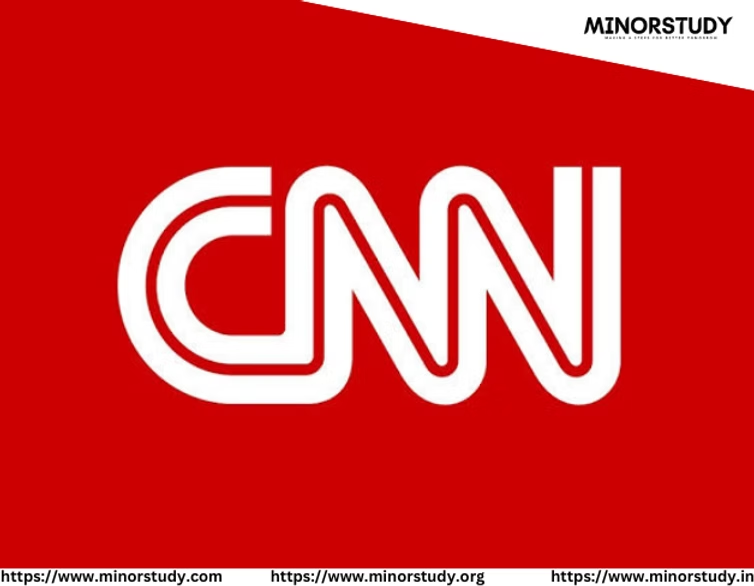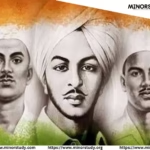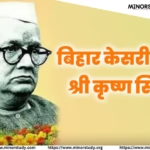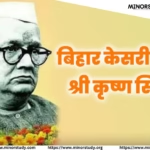CNN: 10 Shocking Truths Behind Its Powerful Global Influence 🌍📰
Introduction: Why CNN Matters in Our Daily Lives
CNN: In today’s fast-paced world of information and technology, news channels play a crucial role in shaping public opinion, driving political narratives, and connecting the world. Among them, CNN (Cable News Network) stands tall as one of the most iconic and impactful global news organizations.
Whether it’s breaking news during global crises, election coverage, war reporting, or major cultural events, CNN has been a constant media companion for over four decades. This article uncovers CNN’s origin, its dramatic evolution, fascinating facts, controversies, milestones, and its role in shaping societies and lives across the globe.
🕰️ History of CNN: The Birth of 24-Hour News
CNN was launched on June 1, 1980, by media mogul Ted Turner and Reese Schonfeld, marking a revolutionary shift in the way news was delivered.
Before CNN, people depended on scheduled bulletins or newspapers. CNN broke that norm and introduced round-the-clock news—a concept that didn’t exist before.
Key Milestones in CNN’s Early History:
-
📍 1980: CNN debuts with anchors Dave Walker and Lois Hart.
-
📍 1985: CNN begins to be taken seriously by global audiences.
-
📍 1990-91: Gained global attention during Gulf War coverage—broadcasting live from Baghdad.
-
📍 2001: Covered 9/11 attacks live, increasing its global viewership drastically.
With these milestones, CNN reshaped the news industry, setting new standards for speed, accessibility, and international reach.
📌 Important Facts About CNN
-
First 24-hour cable news network in the world.
-
Operates multiple networks globally: CNN International, CNN en Español, CNN Brasil, etc.
-
Parent company: Warner Bros. Discovery.
-
Headquarters: Atlanta, Georgia, USA.
-
Available in over 200 countries.
-
Boasts over 4,000 employees worldwide.
-
Known for creating the “Breaking News” culture.
-
CNN.com is among the most visited news websites globally.
-
Won multiple Emmy Awards and Peabody Awards.
-
CNN also runs CNN Heroes, honoring everyday people making a difference.
📅 Timeline: CNN’s Major Global Moments
| Year | Event |
|---|---|
| 1980 | CNN launched by Ted Turner |
| 1991 | Live Gulf War coverage changes news reporting forever |
| 1995 | Launch of CNN.com – early entrant in digital journalism |
| 2001 | 9/11 coverage wins international praise |
| 2005 | Hurricane Katrina: 24/7 coverage |
| 2011 | Arab Spring: Real-time revolution reporting |
| 2020 | COVID-19 global coverage |
| 2022 | Russia-Ukraine War: On-the-ground updates |
| 2024 | Live election and AI journalism experiment coverage |
❓ CNN FAQs: Questions People Often Ask
Q1: What does CNN stand for?
CNN stands for Cable News Network.
Q2: Who founded CNN?
Ted Turner, an American entrepreneur and philanthropist.
Q3: Is CNN available globally?
Yes, through CNN International, it’s broadcast in 200+ countries.
Q4: Is CNN biased?
Critics often argue CNN leans liberal, while the network claims to support fact-based journalism. Media bias ratings vary.
Q5: What are some of CNN’s flagship programs?
-
Anderson Cooper 360°
-
CNN Newsroom
-
The Situation Room with Wolf Blitzer
-
State of the Union
-
Inside Politics
Q6: Is CNN only available on TV?
No. CNN is available on digital platforms, mobile apps, podcasts, and social media.
🌐 CNN’s Significance in the Modern World
CNN’s significance is multifold—spanning political influence, cultural commentary, and journalistic innovation.
1. Revolutionized Global News Consumption
CNN made the idea of “Breaking News” a staple in journalism. It proved that people would watch news at any hour if it’s relevant and live.
2. Powerful Political Influence
CNN has shaped political discourse in the U.S. and abroad. It covers U.S. presidential elections with unmatched detail and offers platforms for debates, expert analyses, and live reactions.
3. Role in Humanitarian Crises
From covering refugee issues in Syria to natural disasters in Haiti, CNN brings global attention to humanitarian crises and even raises funds through CNN Impact Your World.
4. Education and Awareness
CNN doesn’t just report; it educates. Its documentaries, environmental reporting, and “Facts First” campaign promote media literacy and responsible journalism.
💬 Wishing Message for CNN Enthusiasts or Observance Day
🎉 Wishing CNN a continued journey of fearless journalism, global impact, and truth-telling. May its commitment to facts, justice, and transparency inspire media houses around the world. 🕊️
If you’re an avid CNN follower or media student, take this moment to reflect on the power of credible news in maintaining the health of any democracy.
🧠 Important Points to Remember
-
CNN pioneered 24/7 television news.
-
Played a pivotal role during wars, elections, and natural disasters.
-
A key player in the digital transformation of journalism.
-
Often criticized for perceived political bias—but remains a top global news brand.
-
Continues evolving with AI integration, virtual newsrooms, and multi-platform reporting.
🏛️ CNN’s Role in Society and Our Daily Lives
Whether you live in New York, Nairobi, or New Delhi, CNN has likely influenced your understanding of global events. Here’s how it touches our daily lives:
📺 1. Real-Time News Access
Knowing what’s happening globally, instantly, changes how we think, plan, and even feel.
🌍 2. Global Perspective
CNN offers international coverage, giving people a lens beyond national bias—fostering global empathy and understanding.
🎓 3. Education & Career Inspiration
For many aspiring journalists, CNN sets the benchmark in ethical reporting, inspiring careers in media, storytelling, and political science.
📢 4. Giving Voice to the Voiceless
CNN regularly features human-interest stories that spotlight underreported communities, lending them a global microphone.
🔚 Conclusion: Why CNN Still Matters in 2025 and Beyond
Despite competition, criticism, and the challenges of misinformation, CNN remains a pillar of global journalism.
It is far more than a news channel. CNN is a movement—a force that reminds us that information is power. It challenges governments, comforts victims, empowers change-makers, and gives citizens access to truth.
In a time when deepfakes, propaganda, and biased algorithms threaten the integrity of information, organizations like CNN—imperfect but essential—are crucial to protecting democracy, society, and human rights.
Final Thought 💡
The next time you watch CNN or read a headline online, pause and ask—what would the world be like if no one dared to tell the truth, even when it was uncomfortable?








